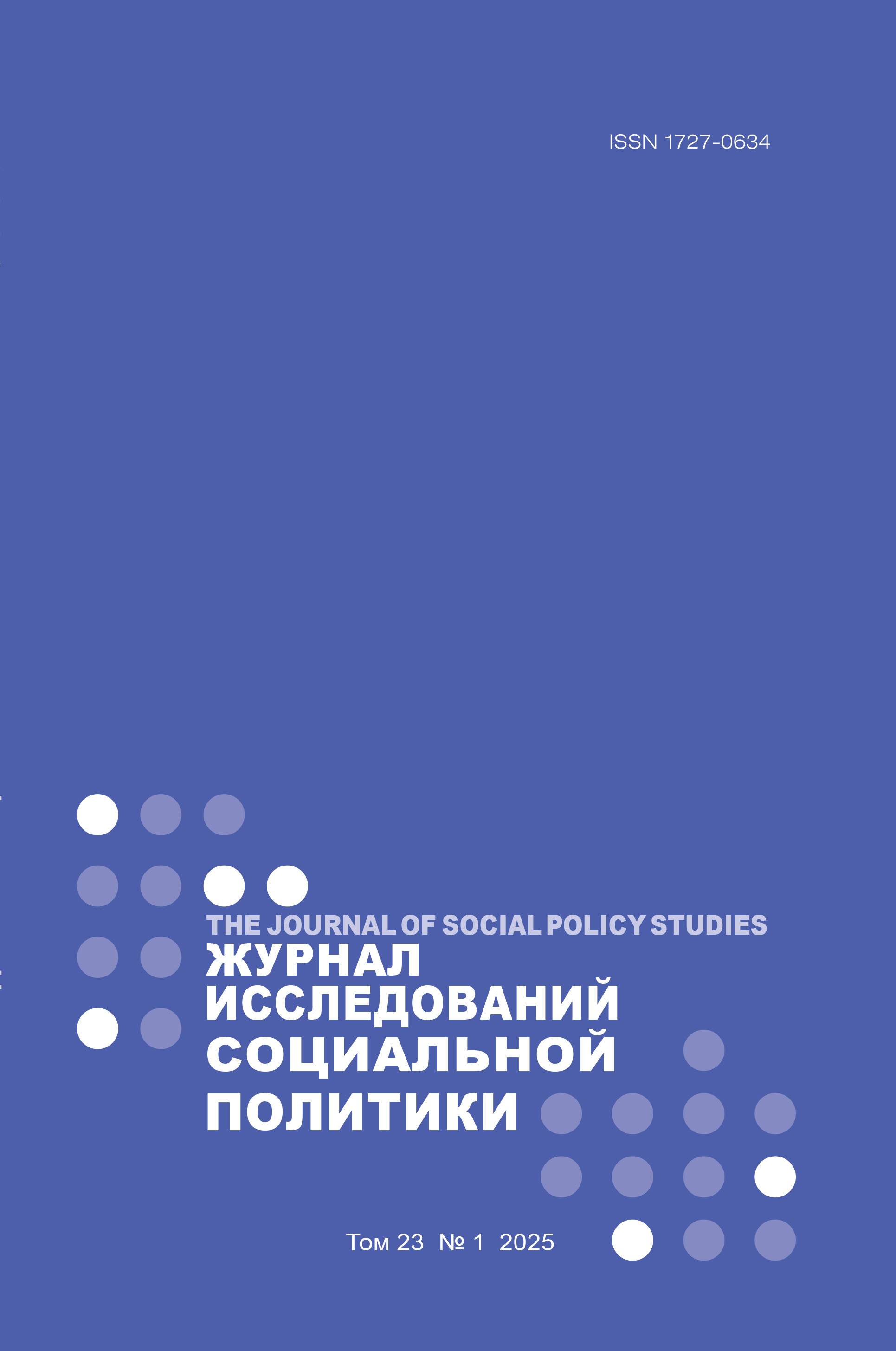Federal Monitoring of the Inclusive Educational Environment of General Educational Institutions: Theoretical Rationale and Implementation Options
Abstract
The development of inclusive education requires not only regulatory and organizational frameworks but also regular analytical assessment of its status and dynamics. In the context of inconsistent and fragmented data, the need for a comprehensive monitoring system becomes particularly relevant. This article presents the theoretical and methodological foundations and initial results of the Federal Monitoring of Inclusive Educational Environments (IEE) conducted in Russia in 2022–2023. The study is based on an approach that conceptualizes IEE as a complex, dynamic, and relational system shaped by the interaction of all participants in the educational process. This perspective draws on activity-based and participatory frameworks and shifts the focus from external conditions to processes of inclusion and collective engagement. The monitoring is based on a three-level matrix model of IEE, comprising five components (organizational and managerial, programmatic and methodological, material and spatial, informational, and social). Each component is operationalized through a system of indicators and empirically measurable variables. The survey covered three levels of education – preschool, general, and secondary vocational – and four groups of respondents:: school administrators, teachers, parents, and vocational students. The monitoring was carried out in two phases: a pilot phase (2022, 10 regions) and a full implementation phase (2023, 82 regions). More than 190 000 completed questionnaires were collected. The data show a moderate level of IEE development across all types of educational institutions. At the same time, significant regional disparities were observed: the highest scores were recorded in Moscow, the Khanty-Mansi Autonomous Okrug–Yugra, and Krasnodar Krai, while the lowest scores were found in the Republics of Dagestan, Tatarstan, and Mari El. The proposed monitoring methodology is in line with international frameworks for assessing inclusiveness and can serve as a basis for ongoing analysis, feedback, and improvement of inclusive education policy at all levels. In addition to assessing the current state of IEE implementation, the monitoring system will enable the identification of areas for growth and support the sustainable institutional development of inclusive education across Russia.















